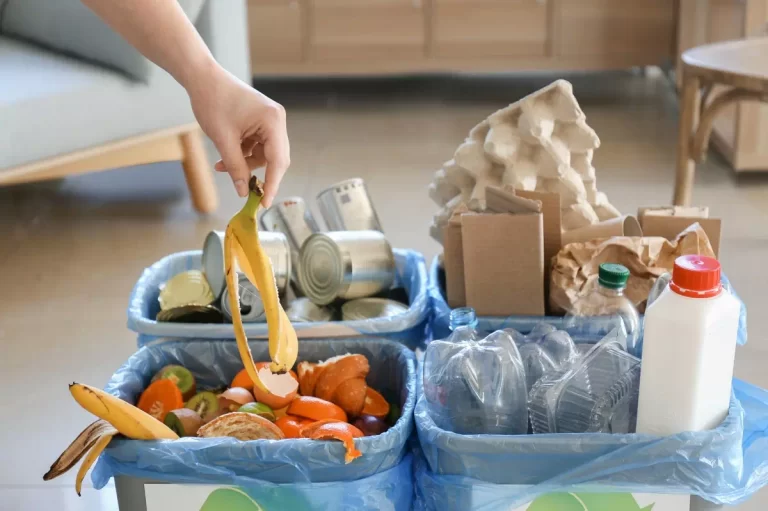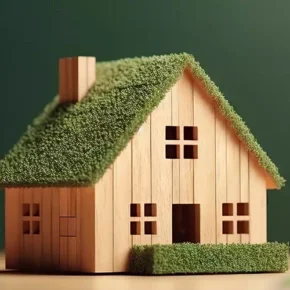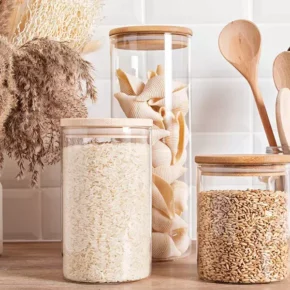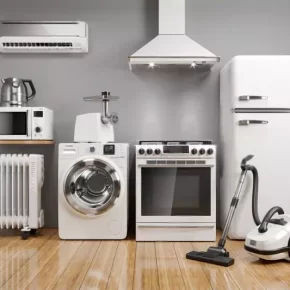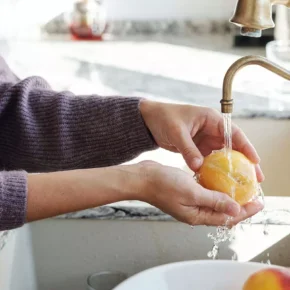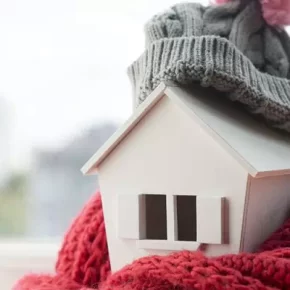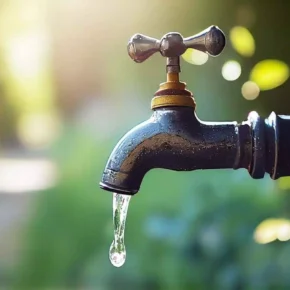By caring for the environment, each of us can contribute to reducing waste, starting from our own home. Sorting waste is an important step towards an ecological life that helps conserve resources and reduce damage to nature.
1. Set up a system for sorting garbage at home
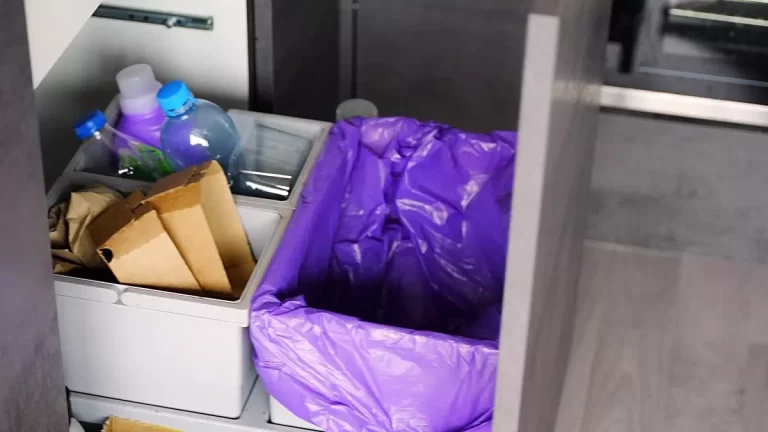
The first thing to do is to create a convenient garbage sorting system. For this purpose, separate containers for different types of waste should be placed. Here are the main categories into which garbage should be divided:
- Paper and cardboard
- Plastic
- Glass
- Metal
- Organic waste
Depending on the capabilities of the local recycling system, separate bins can be added for specific materials such as batteries, electronics or hazardous waste.
2. Find out about recycling regulations in your area
Each region may have its own special rules for recycling. For example, not every type of plastic can be recycled, and organic waste can be accepted only at certain points. Find out what can be recycled in your city or town and sort your waste according to local requirements.
3. Sort plastic by type
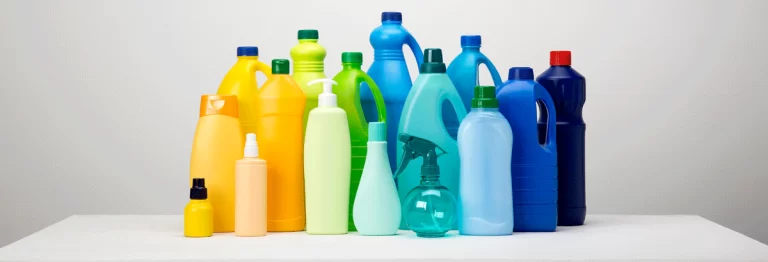
Plastic is one of the most harmful materials for the environment, but it is also one of the most common. It is worth knowing that not all plastic can be recycled. Many plastic products have special markings (numbers 1 to 7) that indicate the type of plastic. Here are some examples:
- PET (1) – used for beverage bottles and some packaging. Easily recycled.
- HDPE (2) – plastic for milk bottles, shampoo bottles, etc.
- PVC (3) is a plastic that is rarely recycled due to its toxicity.
Check the labels on plastic products and dispose of them in appropriate containers.
4. Recycle glass correctly
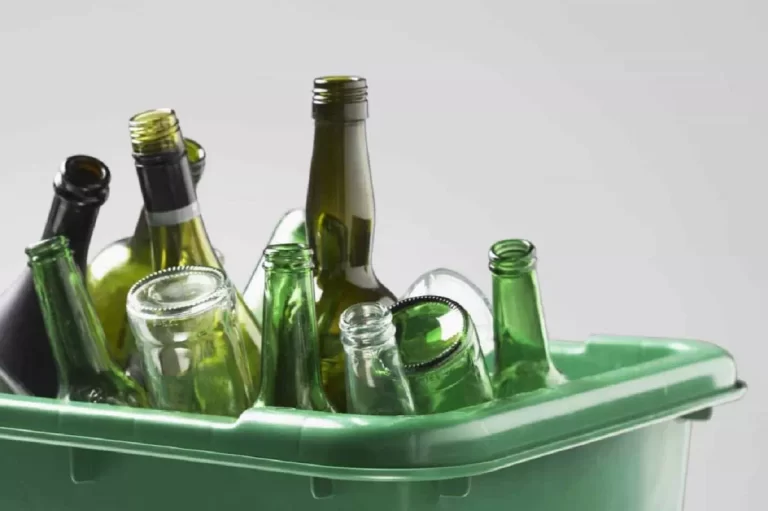
Glass is a great recycling material that can be used an infinite number of times. However, it is important to sort it correctly. Store colored and clear glass separately. Remember to remove caps and labels before disposing of glass containers, and wash bottles to avoid unpleasant odors.
5. Use organic waste for compost
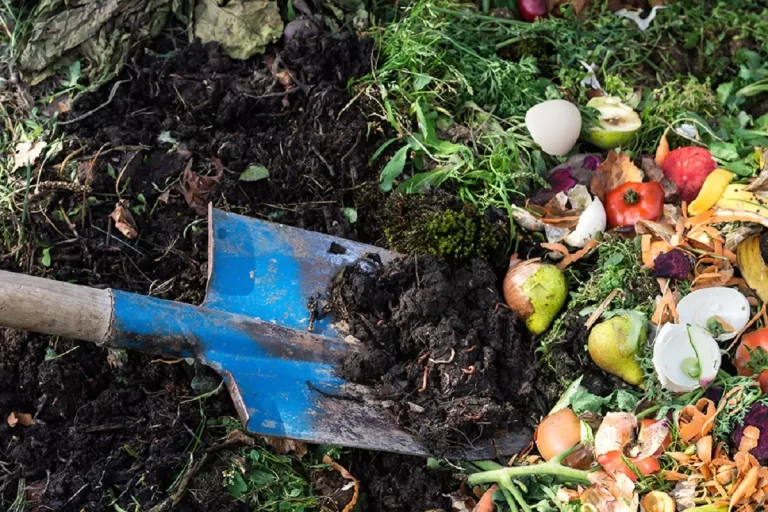
Organic waste such as food scraps, fruit and vegetable peels, coffee grounds and leaves can be composted. Composting is a natural process of breaking down organic materials, which creates fertilizer for the garden or houseplants.
Not suitable for compost:
- Meat and fish
- Dairy products
- Fats and oils
- Products made of plastic, metal or glass
6. Reduce waste through reuse
Reusing things is another important way to reduce waste. For example, glass jars can be used to store food or decorative items, old clothes can be turned into materials for handicrafts. Things that are no longer needed, but can be useful to others, can be given to charity or sold.
7. Avoid using disposable materials
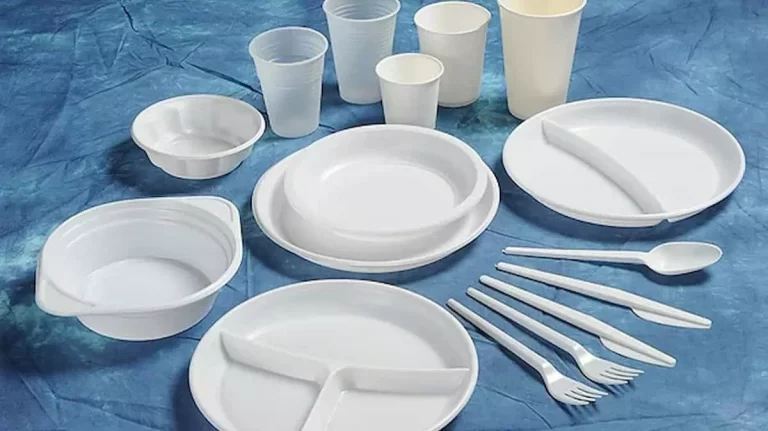
Reducing the number of disposable products will help reduce waste streams. Prefer reusable shopping bags, thermal coffee mugs and food storage containers. This is not only environmentally friendly, but also saves money.
8. Recycling of electronics and batteries
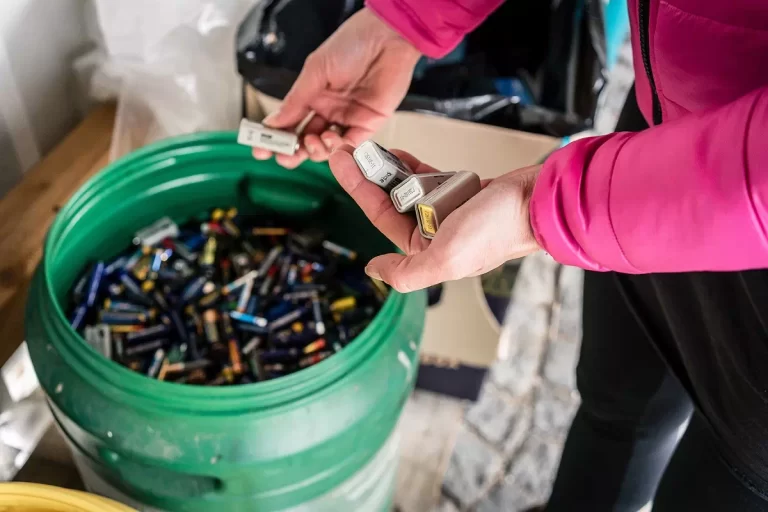
Electronics and batteries contain hazardous materials and should not be disposed of with household waste. There are special reception points for such items. Be sure to check the collection points for old devices in order to safely dispose of them.
Sorting garbage at home is a simple but very effective step towards an ecological lifestyle. By getting used to distributing waste and recycling it correctly, you will not only help reduce environmental pollution, but also contribute to the preservation of natural resources. Implement these simple steps today, and your eco-consciousness will be an example for others!

